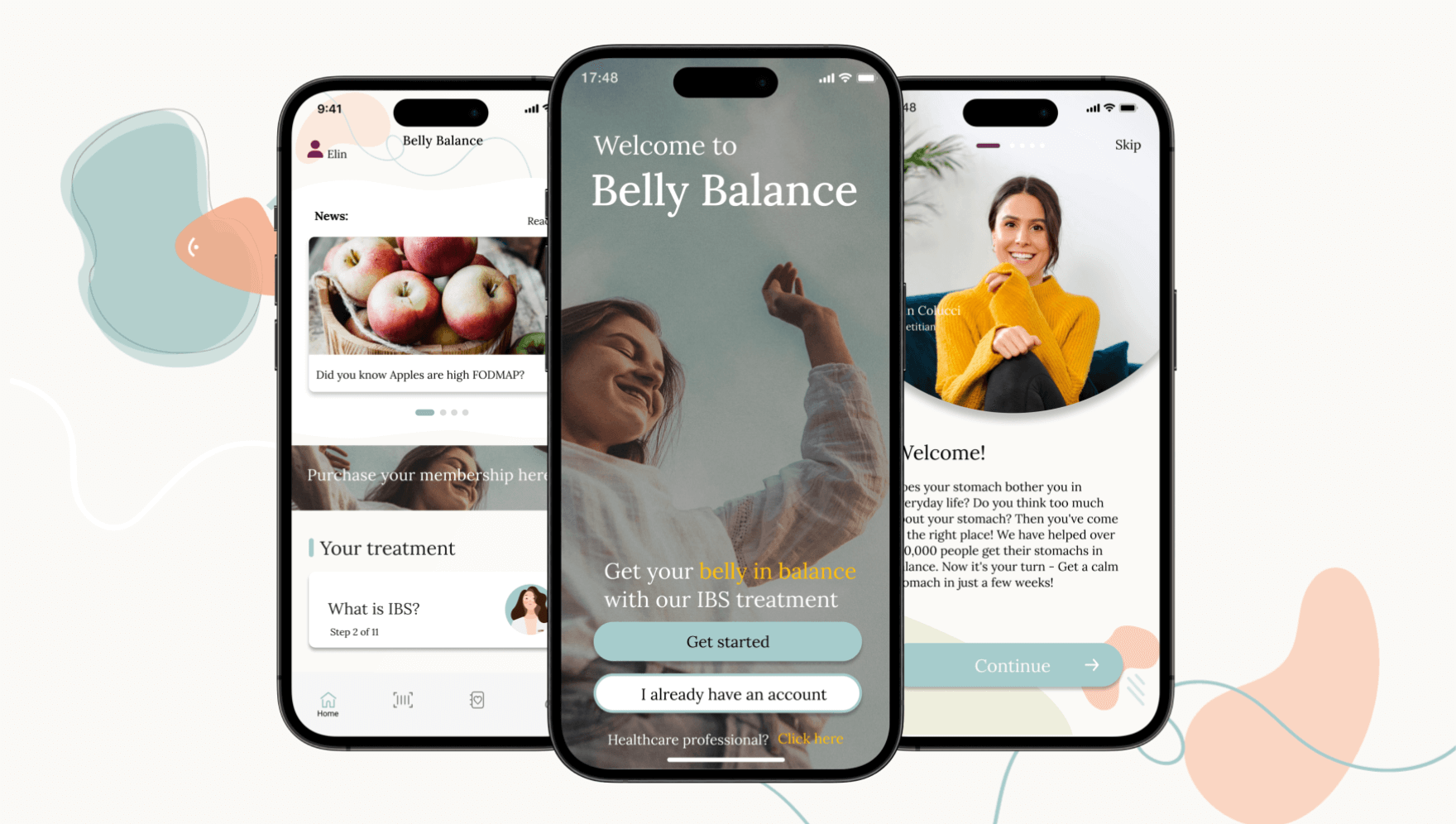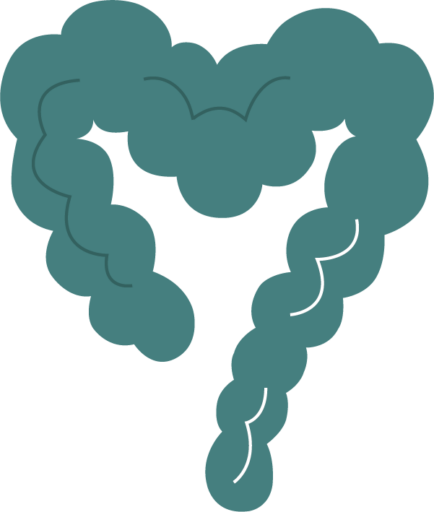
Vitamin D
April 13, 2024
In recent years, vitamin D has been regarded as a miraculous vitamin that reduces the risk of cardiovascular disease, cancer, diabetes, and Alzheimer’s. Research now shows that individuals with IBS have lower levels of vitamin D than others and that supplementation may be beneficial.
Vitamin D and health
Vitamin D is a hormone-like substance that has many important functions in our body. Among other things, it plays a significant role in calcium metabolism and, therefore, in our skeletal health. Prolonged deficiency can eventually make the bones brittle, soft, and crooked. However, in recent years, the vitamin has also been discussed in relation to the onset of other diseases and conditions. This suggests that vitamin D has far more impact on our health than we previously thought. Connections to depression, obesity, and diabetes are being actively discussed. So far, researchers have not been able to reach a conclusion on exactly how it affects our health, but the area is being studied intensively.
Lack of Vitamin D is more common among patients with IBS
In a study from the United Kingdom published in the European Journal of Clinical Nutrition, results from seven studies on IBS and vitamin D were compiled. In four observational studies, researchers examined the vitamin D status of individuals with IBS and found a higher prevalence of vitamin D deficiency among those with IBS. Based on this, three subsequent interventional studies investigated how vitamin D supplementation affected this group. The studies found that vitamin D supplementation had a positive effect on both bowel movements and quality of life. However, the summary indicates that more research is needed to establish stronger evidence for the exact function of vitamin D in IBS. One theory as to why vitamin D deficiency is more common among individuals with IBS is that altered bowel movements combined with an irritated mucosa could reduce the absorption of vitamins in the small intestine. Serum levels of total 25(OH)D below 25 nanomoles per liter are generally defined as vitamin D deficiency, while levels above 50 nanomoles per liter are typically considered satisfactory.
Belly Balance digital treatment
In the Belly Balance app, you can log symptoms, maintain a food diary, scan products, find FODMAP lists, and much more to help you manage your IBS.
Try the app for freeDifferent kinds of Vitamin D
Vitamin D is the overarching term used to describe both vitamin D2 (ergocalciferol) and vitamin D3 (cholecalciferol). Vitamin D3 is produced in the skin through exposure to sunlight. However, this occurs only from May to August in Sweden, as the sun is at the wrong angle during the rest of the year. Vitamin D2 is the form of the vitamin found in certain plants and fungi, while vitamin D3 is an animal-derived form found in fish, meat, and eggs. There are few foods that are considered natural rich sources of vitamin D, most of which are of animal origin and contain vitamin D3 (egg yolks, fatty fish, meat, liver, and kidney). Among plant-based foods, it is primarily wild mushrooms that are a natural rich source of vitamin D2.
Historically, vitamin D3 and vitamin D2 have been considered equivalent in terms of their ability to raise vitamin D status after intake. However, a new study has shown that both types of vitamin D improve vitamin D status, with vitamin D3 being twice as effective compared to vitamin D2. Therefore, those who wish to avoid vitamin D3 from animal products can use vitamin D2 as a source of vitamin D, but they will likely need to take a higher dose of vitamin D2 compared to vitamin D3.
Top 10 foods rich in Vitamin D
- Fish (e.g., salmon, mackerel, herring, and perch)
- Eggs
- Wild mushrooms (e.g., chanterelles, horn of plenty, and porcini)
- Vitamin D-fortified dairy products
- Vitamin D-fortified plant-based products (e.g., soy drink, oat drink, and almond drink)
- Vitamin D-fortified cooking fats
- Poultry (e.g., chicken)
- Meat (beef and pork)
The more, the better?
Like most other vitamins and minerals, one should not overdo the consumption of supplements. Vitamin D is a fat-soluble vitamin, meaning that any excess is not automatically excreted through the kidneys but is stored in the body. Prolonged overdosing can damage the kidneys and eventually lead to kidney failure. You don’t need to worry about getting too much vitamin D from the food you eat, but if you take more supplements than recommended, it is possible to reach toxic levels. What if you travel abroad in the winter? Well, then you can replenish your vitamin D stores, which will last for about one to two months.
Sofia Antonsson
Reg. Dietitian, Belly Balance
Read more about

IBS - What is it?
Bloated , constipated or having a gassy stomach? IBS or Irritable Bowel Syndrome is a functional gastrointestinal disorder, meaning no physical issues can be found in the stomach or intestines; they just don’t function quite as they should.

How the app works
Download the app and become part of our community. We assist you in achieving a calm and happy stomach through treatment and tools available directly in the app.

About FODMAP
By learning which foods upset your stomach, you can make conscious choices and get quick symptom relief. With the low FODMAP diet, you receive structured assistance in understanding which foods your body tolerates better than others. No more guessing and pondering – you get the answer straight away!

